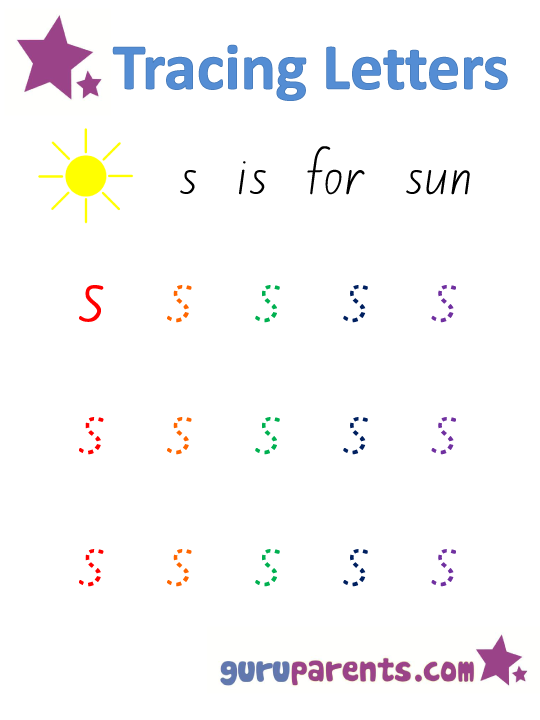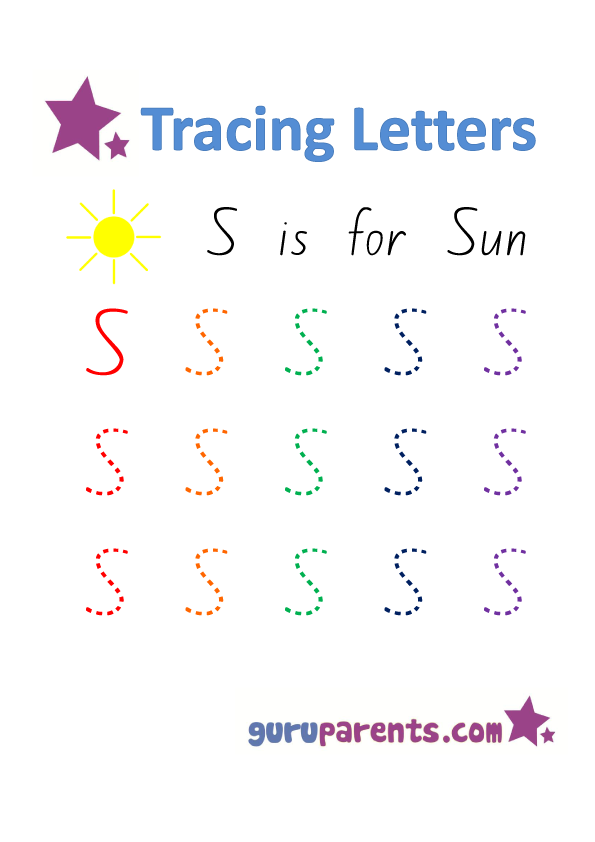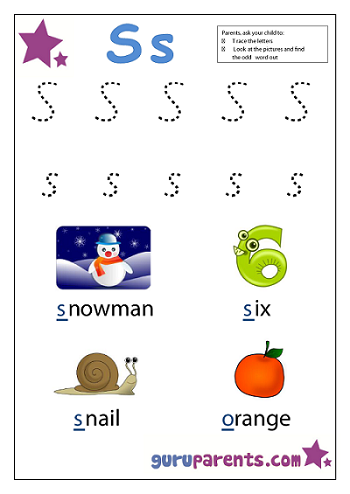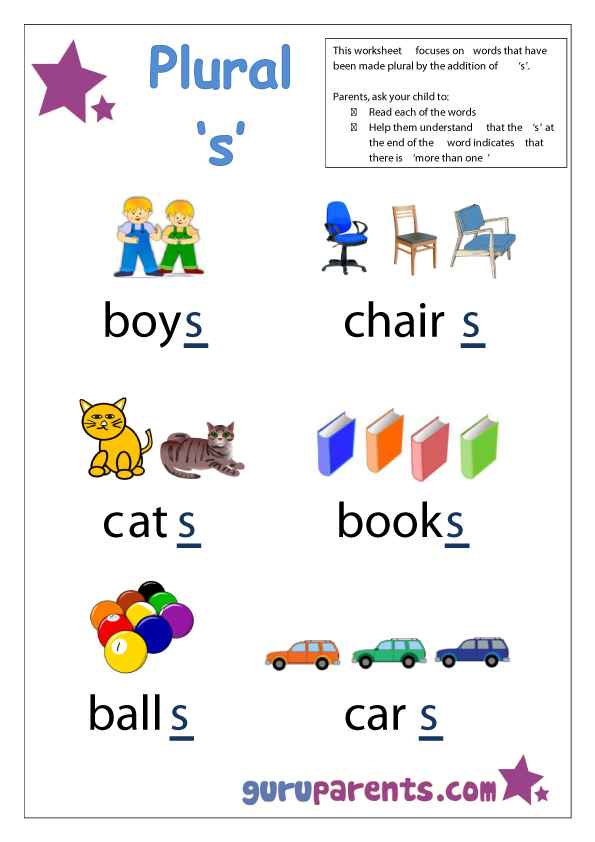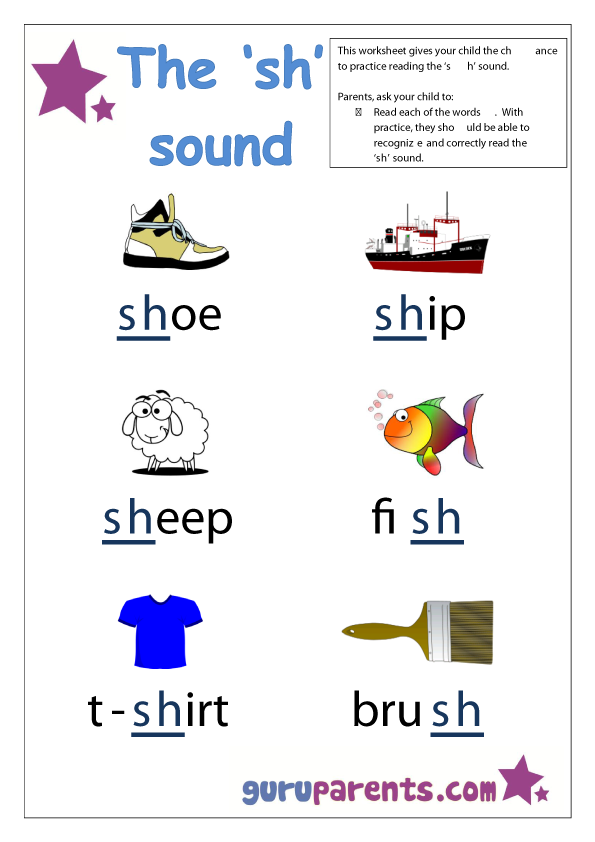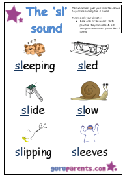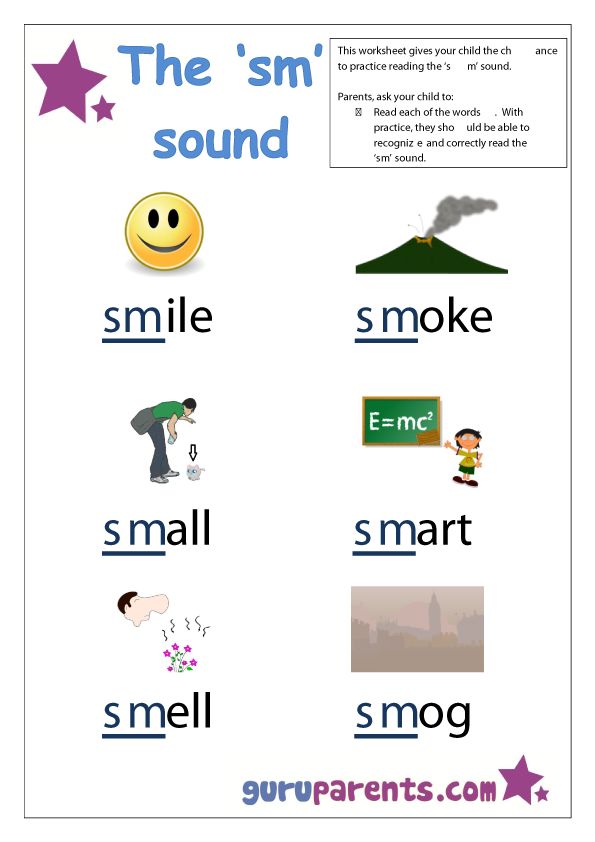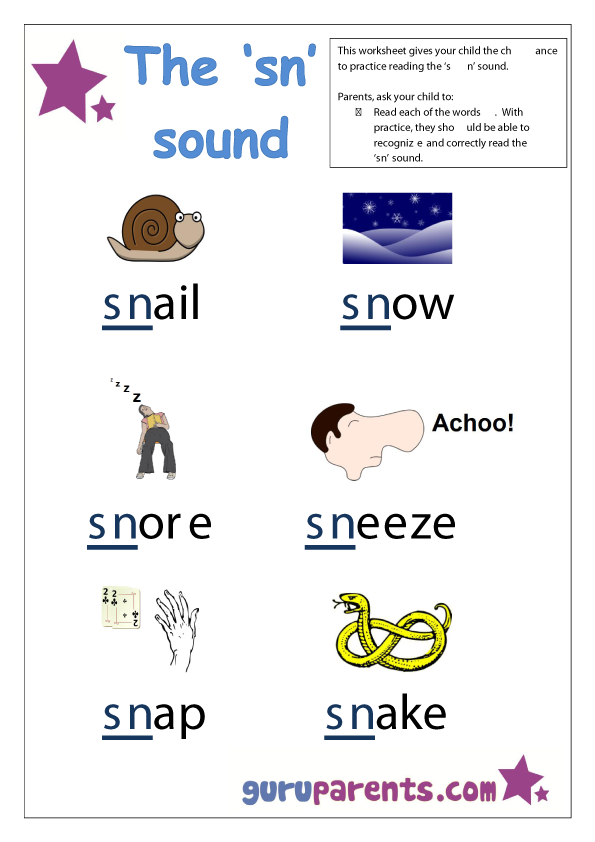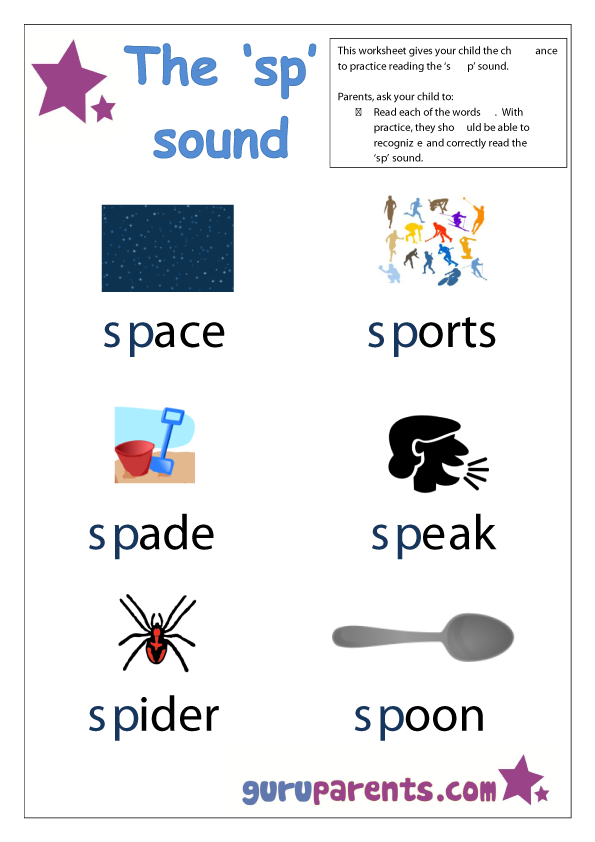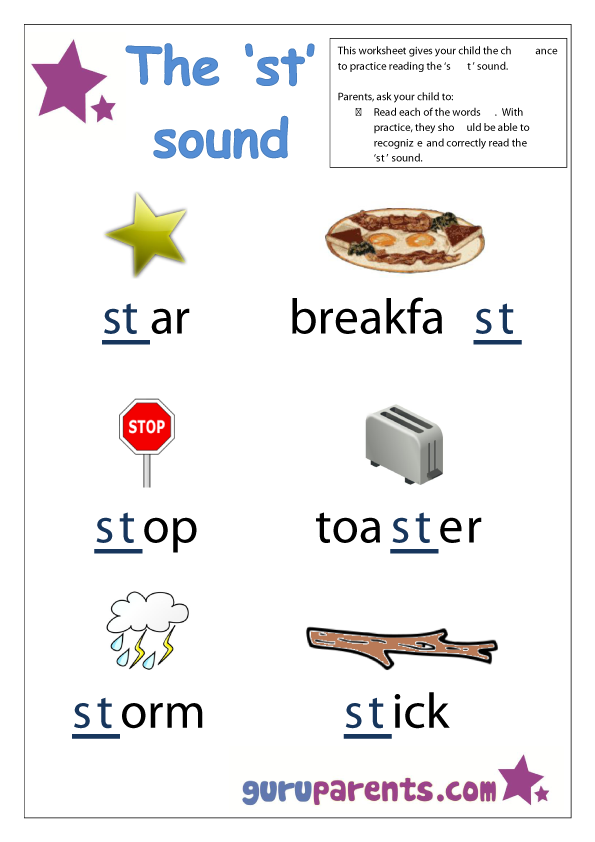Worksheets
Click here to download all Letter S Worksheets
In a nutshell
The letter ‘s’ is one of the most important letters in the alphabet: it is the third most widely used consonant, it joins with ‘h’ to make the key ‘sh’ sound and the addition of an ‘s’ at the end of a word is the most common way to form a plural.
Letter s songs
This song is quite catchy and shows lots of different uses of the letter s:
And this short song gives a simple introduction to the ‘sh’ sound:
Lisps
Some people have difficulty in making the ‘s’ sound and end up using another sound, most often ‘th’
instead. If you have noticed this in your child, you may find the below links to professional speech
pathology bodies useful:
USA: www.asha.org
UK: www.rcslt.org
Australia: www.speechpathologyaustralia.org.au
Plurals
Most words in English can be made plural simply by putting an ‘s’ on the end. However, there are some exceptions to this rule, and indeed, some words which don’t even have a plural form. For adult native speakers these words are so familiar we may forget how challenging they can be for young kids to learn. Here are some examples of exceptions:
| Singular | Plural |
|---|---|
| Man | Men |
| Mouse | Mice |
| Ox | Oxen |
| Sheep | Sheep |
| Fish |
Fish (British English); Fish/Fishes (American English) |
| Stadium |
Stadia (although, these days ‘stadiums’ is also acceptable) |
| Octopus | Octopuses (Some people think it is ‘octopi’ but in fact ‘octopuses’ is more common and more correct) |
‘s’ with a ‘z’ sound
New speakers of English may not realize, but ‘s’ is often pronounced as if it were ‘z’. Pay close
attention to the way native speakers say the following words and you will hear this in action:
Rose
Cheese
Compose
Goes
Lies
Busy
Poison
Lose (note that the ‘s’ in ‘loose’ is pronounced with a normal ‘s’ sound)
In some words, especially those ending in ‘ise’, American English has recognized this pronunciation
in spelling whereas British English has not. For example, ‘organize’, ‘recognize’ and ‘realize’ all end
in ‘ise’ in British English.
Tongue twister
Two of the most famous tongue twisters in English concern the letter s. The first is from 1908:
She sells sea-shells on the sea-shore.
The shells she sells are sea-shells, I’m sure.
For if she sells sea-shells on the sea-shore
Then I’m sure she sells sea-shore shells.
And the second is claimed to be the hardest in the whole language! If your child is suitably advanced it could also provide a nice introduction into how language has changed – see if they can work out how ‘ceaseth’ and ‘sufficeth’ would be written today:
The seething sea ceaseth and thus the seething sea sufficeth us.
‘I Spy’ words
‘I spy with my little eye, something beginning with…’ is a great game to play to reinforce the sound that a letter makes and it can be a fun game to kill some time – for example on a long car trip.
Here is a selection of short words starting with ‘s’ for you to use:
sand, sausage, steak, shop, sugar, socks, shoes, sunglasses, sun, street, sea, six, seven, shape, snow, seagull, snake, spider, smoke, snail, stream, string, sink, spoon, salt.
The Letter S Worksheets
Tracing Letters – S is for Sun
This letter s worksheet gives your child lots of opportunities to practice writing capital S.
Tracing Letters – s is for sun
This letter s worksheet focuses on the lower case letter s.
This letter s worksheet gives your child an introduction to the sound that ‘s’ makes, and also allows them to practice writing the capital and lower case letter s.
This worksheet features six words that have been made into plurals by the addition of an ‘s’ at the end.
The ‘sh’ sound is one of the most valuable to learn in the whole language – here are six examples for your child to practice with.
This letter s worksheet provides an introduction to ‘sl’, a letter combination seen in numerous words, such as ‘slow’, ‘slip’ and ‘sled’.
Quite a few simple English words contain the ‘sm’ sound – this worksheet gives your child the chance to practice reading it.
The ‘sh’ sound is yet another important letter combination featuring ‘s’ – here are six examples for your child to practice with.
Quite a lot of words in English contain the ‘sp’ sound – for example, ‘spend’, ‘spring’ and ‘special’ – so practicing how to read it will be another boost for your child.
This worksheet will help your child start moving beyond sounding out ‘s’ and ‘t’ as separate sounds when first reading a word – towards naturally forming the ‘st’ sound.
<<Previous letterNext letter>>
Back to preschool letter worksheets from letter s worksheets

